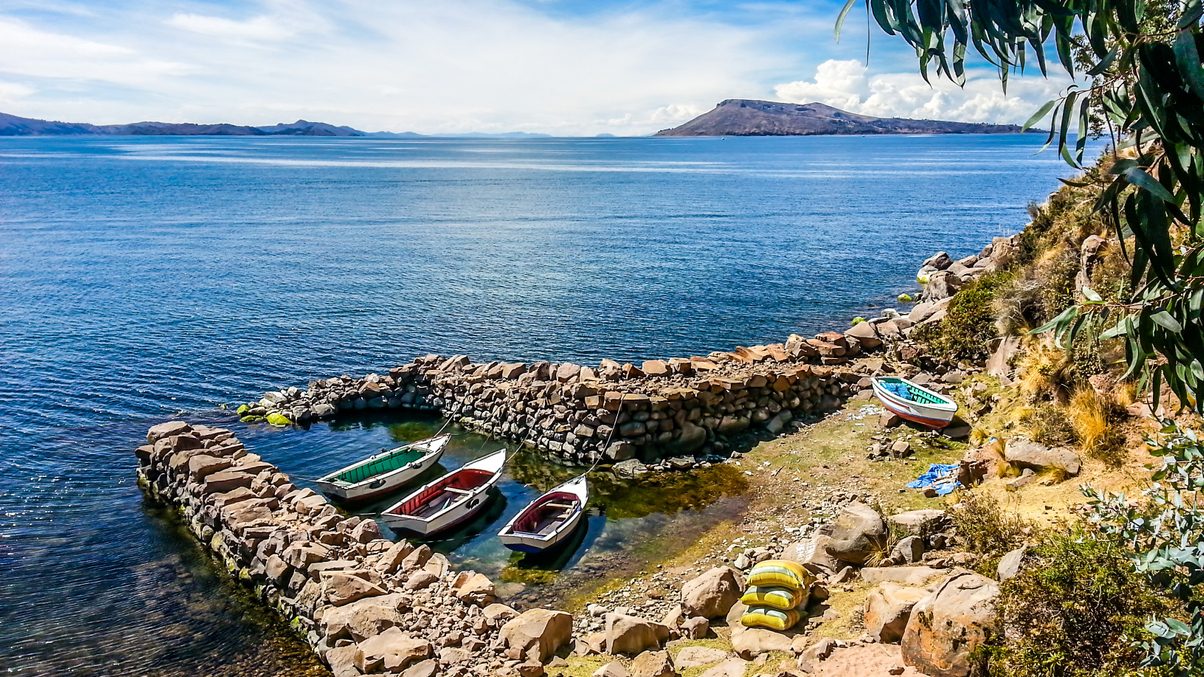Early-stage sustainable ventures pay off despite ticket size and risks: family office Rumah Group
From ocean protection funds to turtle conservation and eco-tourism ventures, Singapore-based single-family office Rumah Group marries personal interests with early-stage impact investing.

Family offices and private investment funds have been on the prowl for sustainable businesses, largely in the growth or late stages, to invest in, but there are opportunities to be found among early-stage ventures, according to single-family office Rumah Group.
Sign in to read on!
Registered users get 2 free articles in 30 days.
Subscribers have full unlimited access to AsianInvestor
Not signed up? New users get 2 free articles per month, plus a 7-day unlimited free trial.
¬ Haymarket Media Limited. All rights reserved.


